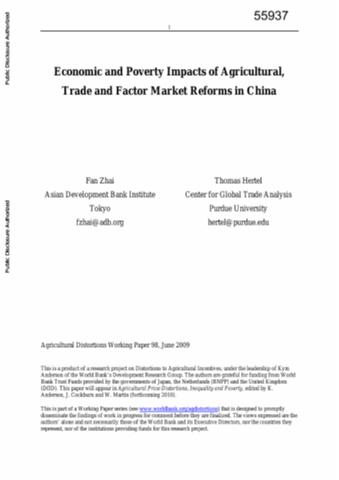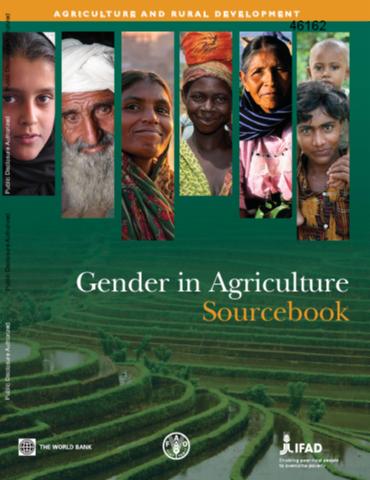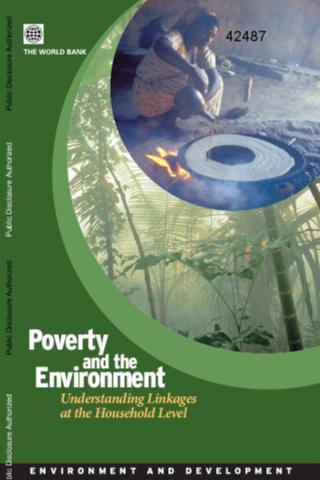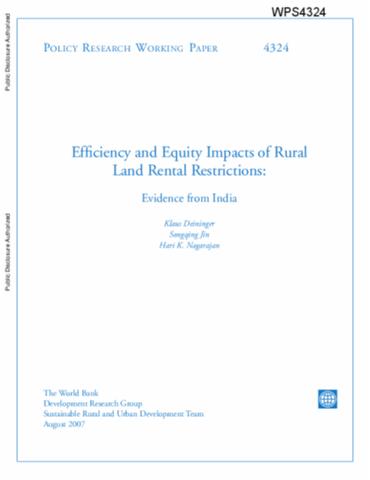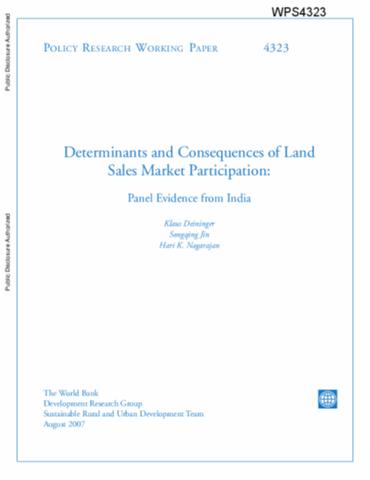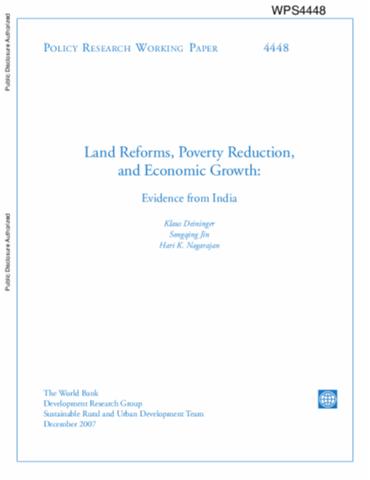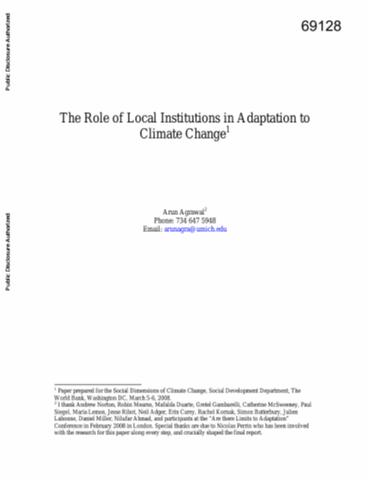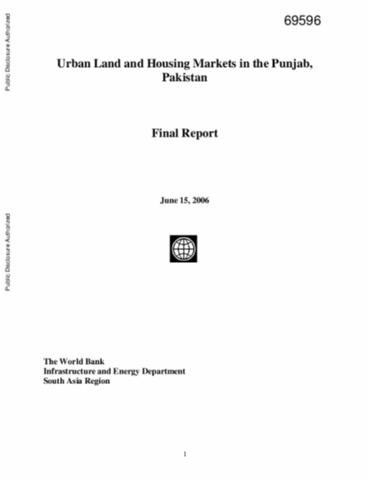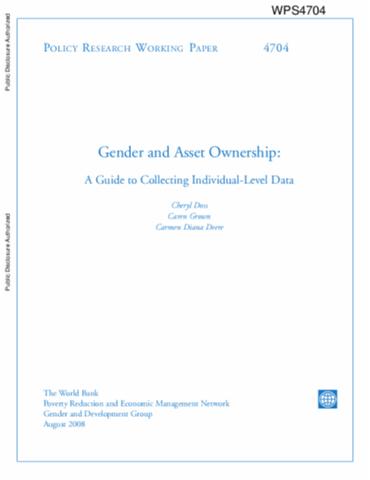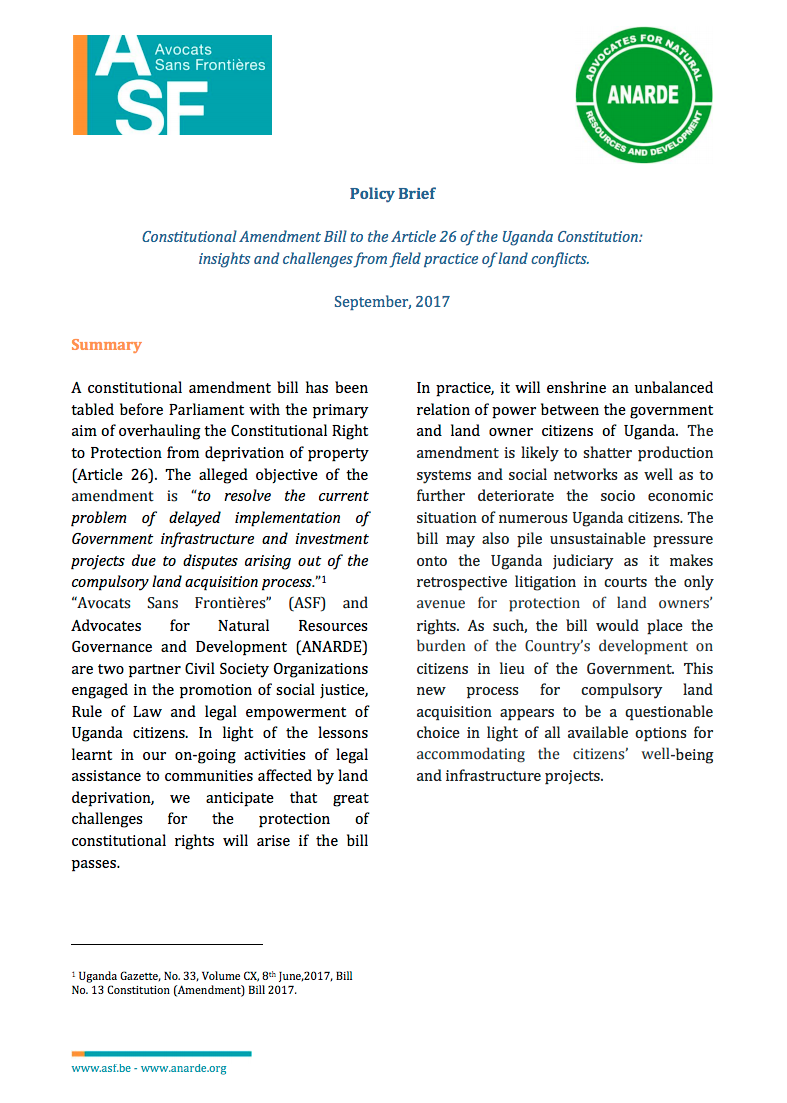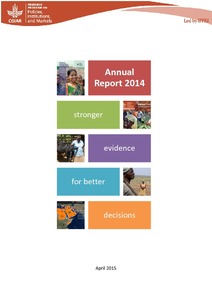Economic and Poverty Impacts of Agricultural, Trade, and Factor Market Reforms in China
Capitalizing on the most recent estimates of agricultural price distortions in China and in other countries, this paper assesses the economic and poverty impact of global and domestic trade reform in China. It also examines the interplay between the trade reforms and factor market reforms aimed at improving the allocation of labor within the Chinese economy. The results suggest that trade reforms in the rest of the world, land reform and hukou reform all serve to reduce poverty, while unilateral trade reforms result in a small poverty increase.

